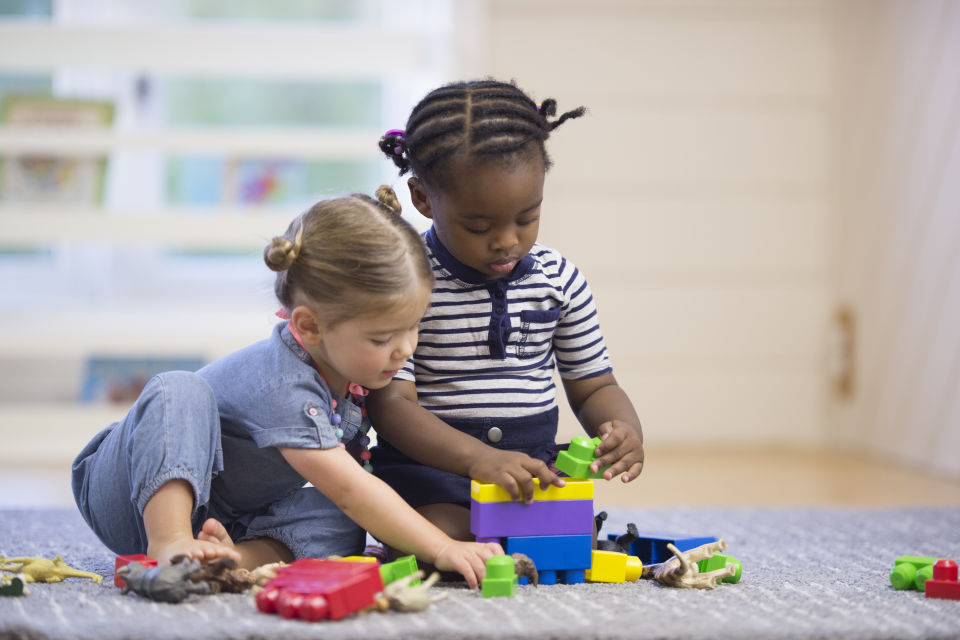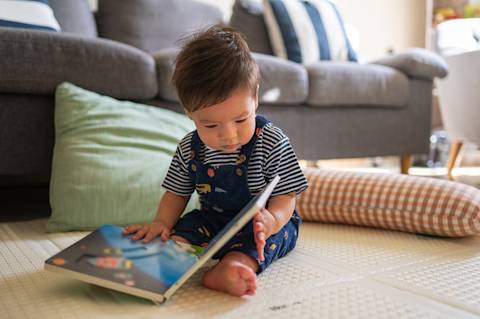When our children go to preschool, it can be both exciting and scary for us as caregivers. We want them to learn all kinds of new things, have fun, and make friends. Hearing that our children aren’t making friends at school can be heartbreaking. There are some ways we can support our children and help them connect with future friends.

As you think about how you can help, remember—every child meets milestones at their own pace. Your child is on their own unique timeline, and making friends can take time. But if you’re growing concerned your child isn’t making friends with children their own age, there are some steps you can take to help:
Role-play to build empathy and social skills. By developing empathy, children can better sense what others are feeling, which can help them connect and bond with their peers. Social skills, such as effective communication, active listening, and conflict resolution are also important skills for developing friendship. Using role-playing activities is a fun way to teach your child these social and emotional skills. Try acting out different scenarios where they can practice taking turns, sharing toys, playing together, and listening. These experiences will prepare your child for real-life social situations.
Talk to preschool staff. You can set up a meeting to learn more about how your child interacts with the other kids in their preschool class and share your concerns. Together, you can come up with strategies to help your child develop friendships, such as getting your child involved in group activities or pairing them with a peer who shares similar interests.
Contact peers' parents to set up playdates. Reach out to other parents whose children attend the same preschool. Some children form friendships more easily in one-on-one settings or when they feel comfortable in their own space.
Try out new hobbies. Encourage your child to explore their interests outside of preschool. Trying new sports, arts and crafts, or music can help your child meet other children with similar interests.
Encourage your child to express their emotions. Provide a safe space for your child to talk about how they feel about making friends. Let them know you are there to support them and that their feelings are valid. This can help them build emotional intelligence—the ability to recognize, understand, manage, and effectively express their own emotions and understand the emotions of their peers.
Seek professional help. If your child continues to face challenges in making friends or shows signs of distress about not having friends, consider seeking guidance from mental health professionals or early childhood educators. They can provide tailored strategies to support your child's social development and emotional well-being.






